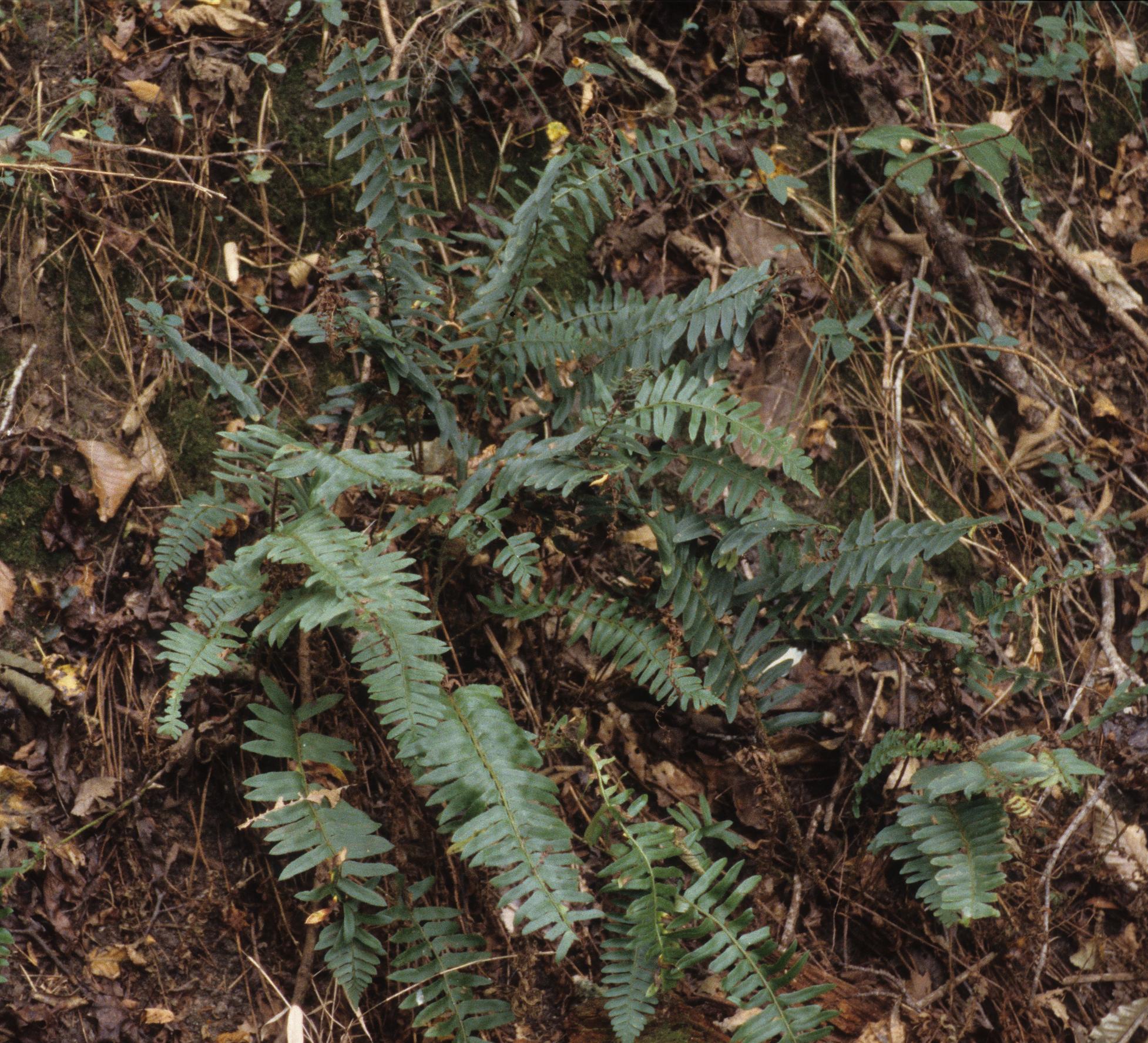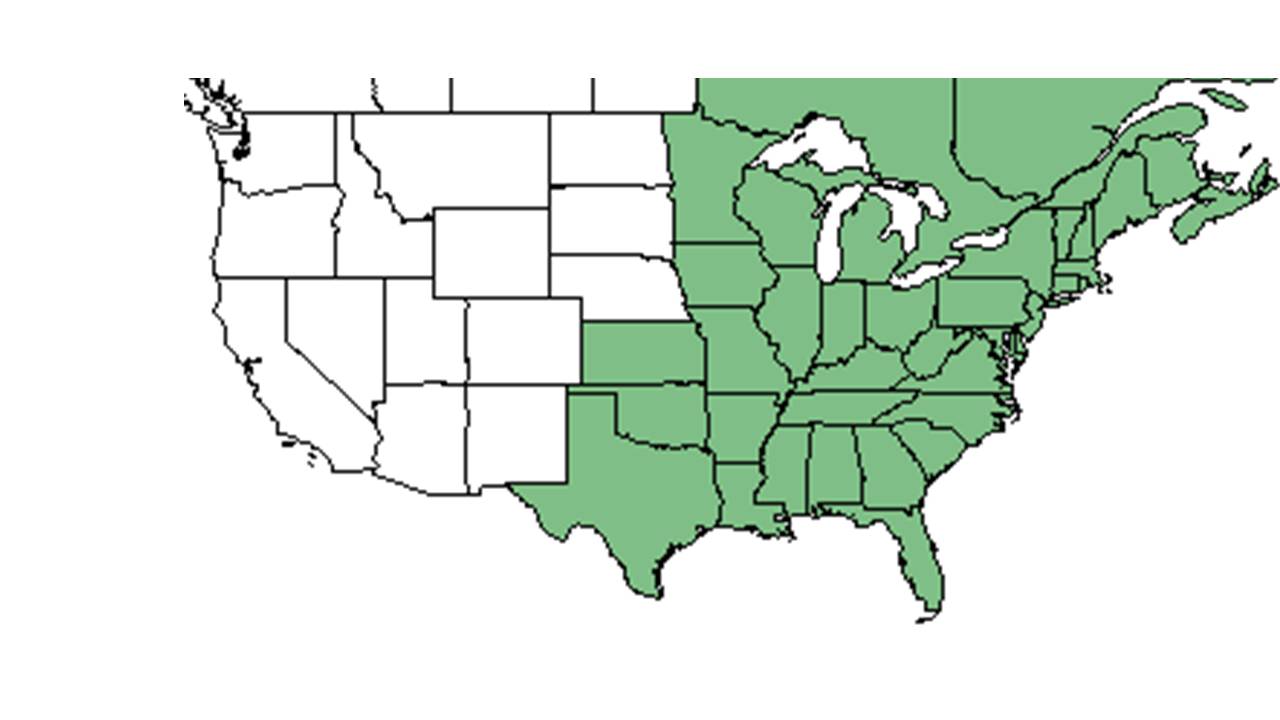Difference between revisions of "Polystichum acrostichoides"
KatieMccoy (talk | contribs) |
KatieMccoy (talk | contribs) |
||
| Line 32: | Line 32: | ||
===Phenology=== <!--Timing off flowering, fruiting, seed dispersal, and environmental triggers. Cite PanFlora website if appropriate: http://www.gilnelson.com/PanFlora/ --> | ===Phenology=== <!--Timing off flowering, fruiting, seed dispersal, and environmental triggers. Cite PanFlora website if appropriate: http://www.gilnelson.com/PanFlora/ --> | ||
| − | Flowers and fruits in February | + | Flowers and fruits in February (FSU Herbarium). |
===Seed dispersal=== | ===Seed dispersal=== | ||
Revision as of 14:16, 13 October 2015
| Polystichum acrostichoides | |
|---|---|

| |
| Photo taken by Gil Nelson | |
| Scientific classification | |
| Kingdom: | Plantae |
| Division: | Pteridophyta – Ferns |
| Class: | Filicopsida |
| Order: | Polypodiales |
| Family: | Dryopteridaceae |
| Genus: | Polystichum |
| Species: | P. acrostichoides |
| Binomial name | |
| Polystichum acrostichoides (Michx.) Schott | |

| |
| Natural range of Polystichum acrostichoides from USDA NRCS Plants Database. | |
Common name: Christmas fern
Contents
Taxonomic notes
Description
A description of Polystichum acrostichoides is provided in The Flora of North America.
Distribution
Dense colonies of P. acrostichoides tend to be dominant understory species in dense, mixed hardwood forests that are very shady and moist (Carvell et al 1980).
Ecology
Habitat
In the Coastal Plain in Florida, P. acrostichoides can be found in hardwoods, gulches, deciduous woodlands, and mesic hammocks (FSU Herbarium). Associated species include trillium, Dryopteris ludoviciana, Thelypteris hexagonoptera, Athyrium, and Solidago flaccidifolia (FSU Herbarium).
Phenology
Flowers and fruits in February (FSU Herbarium).
Seed dispersal
Seed bank and germination
Fire ecology
Pollination
Use by animals
Diseases and parasites
Conservation and Management
Cultivation and restoration
References and notes
Carvell, K.L. 1980. The impact of silvicultural practices on the density, height, and composition of the understory - with special reference to wildlife habitat. West Virginia Forestry Notes 7:17-19.